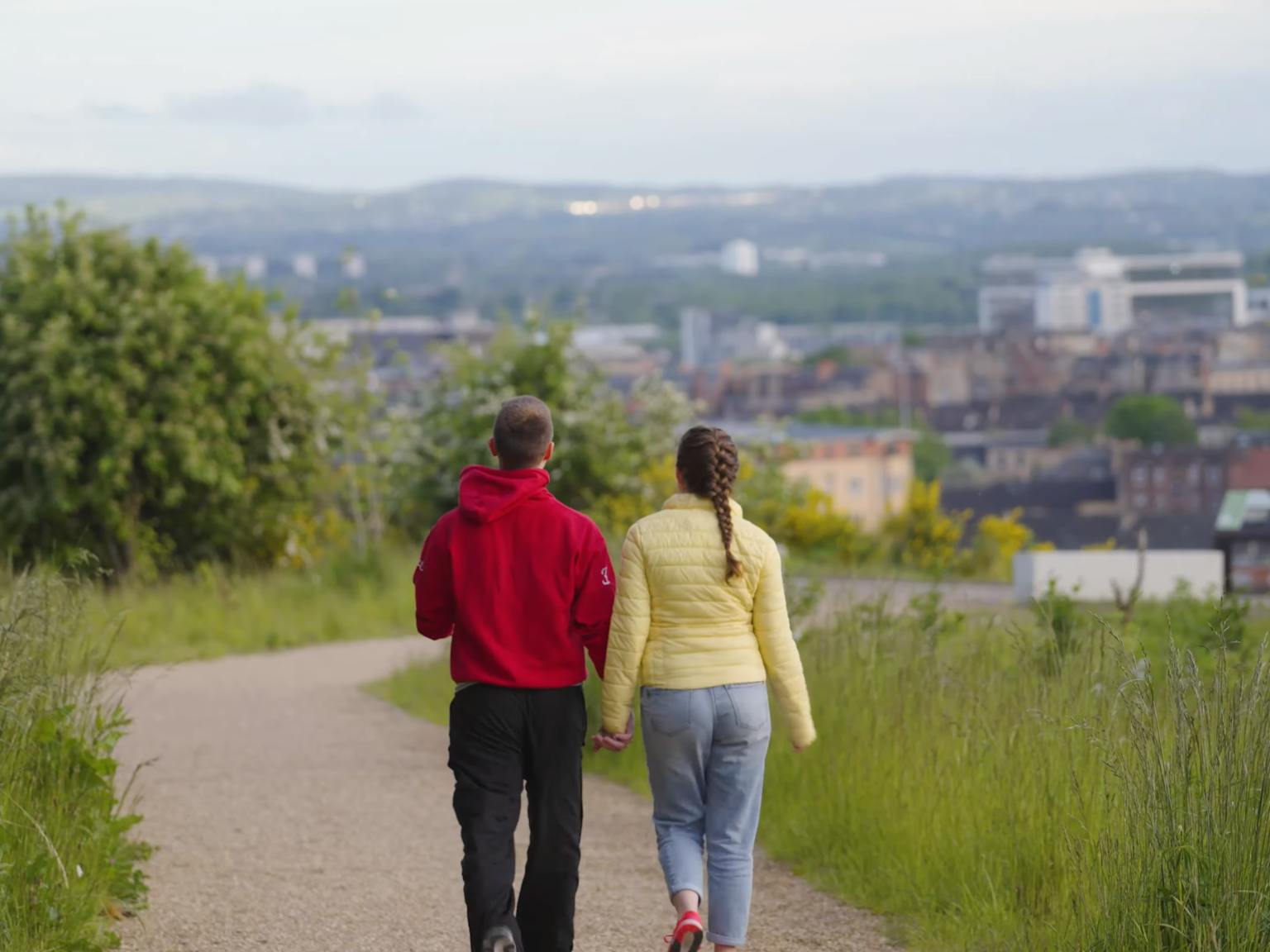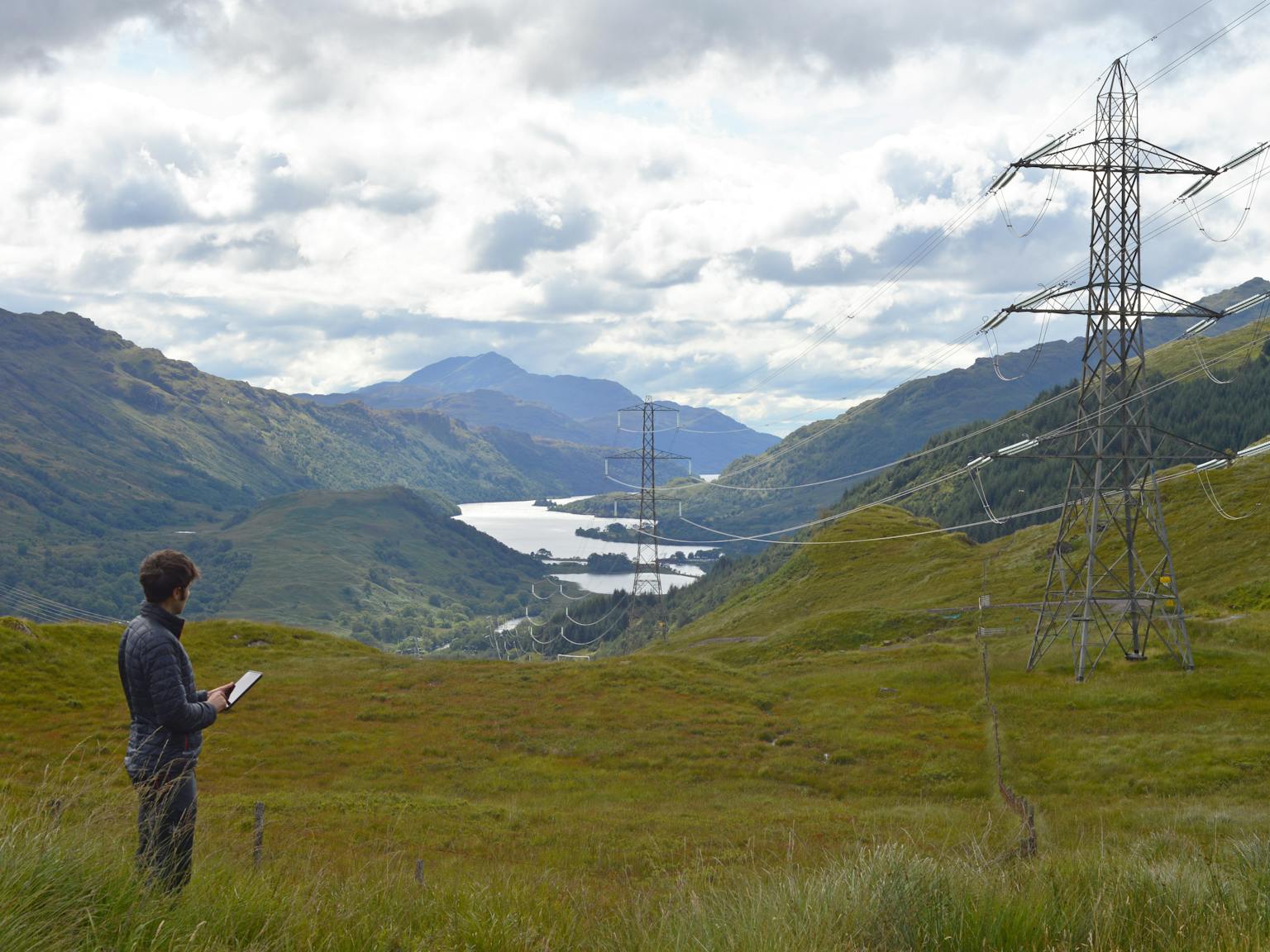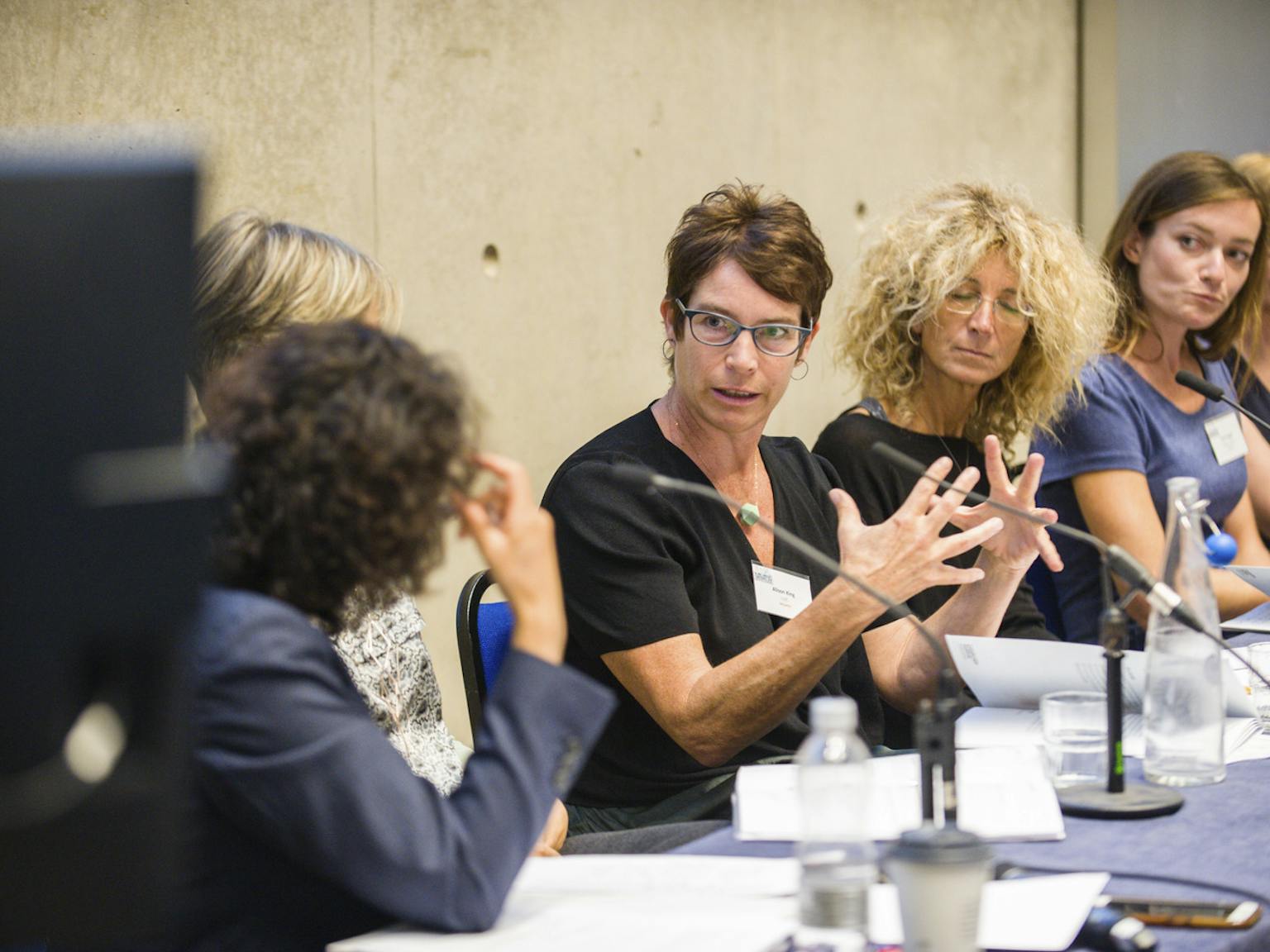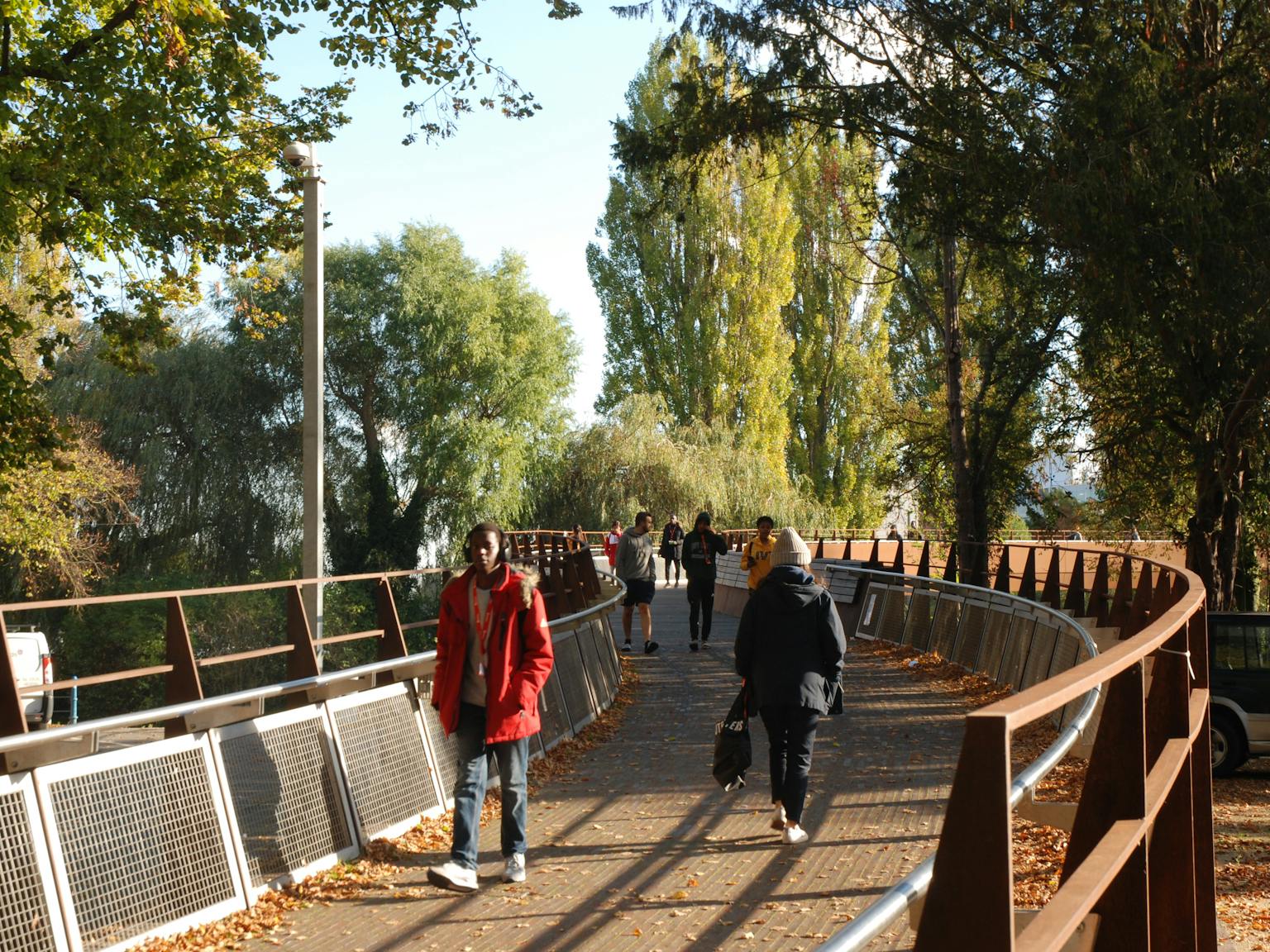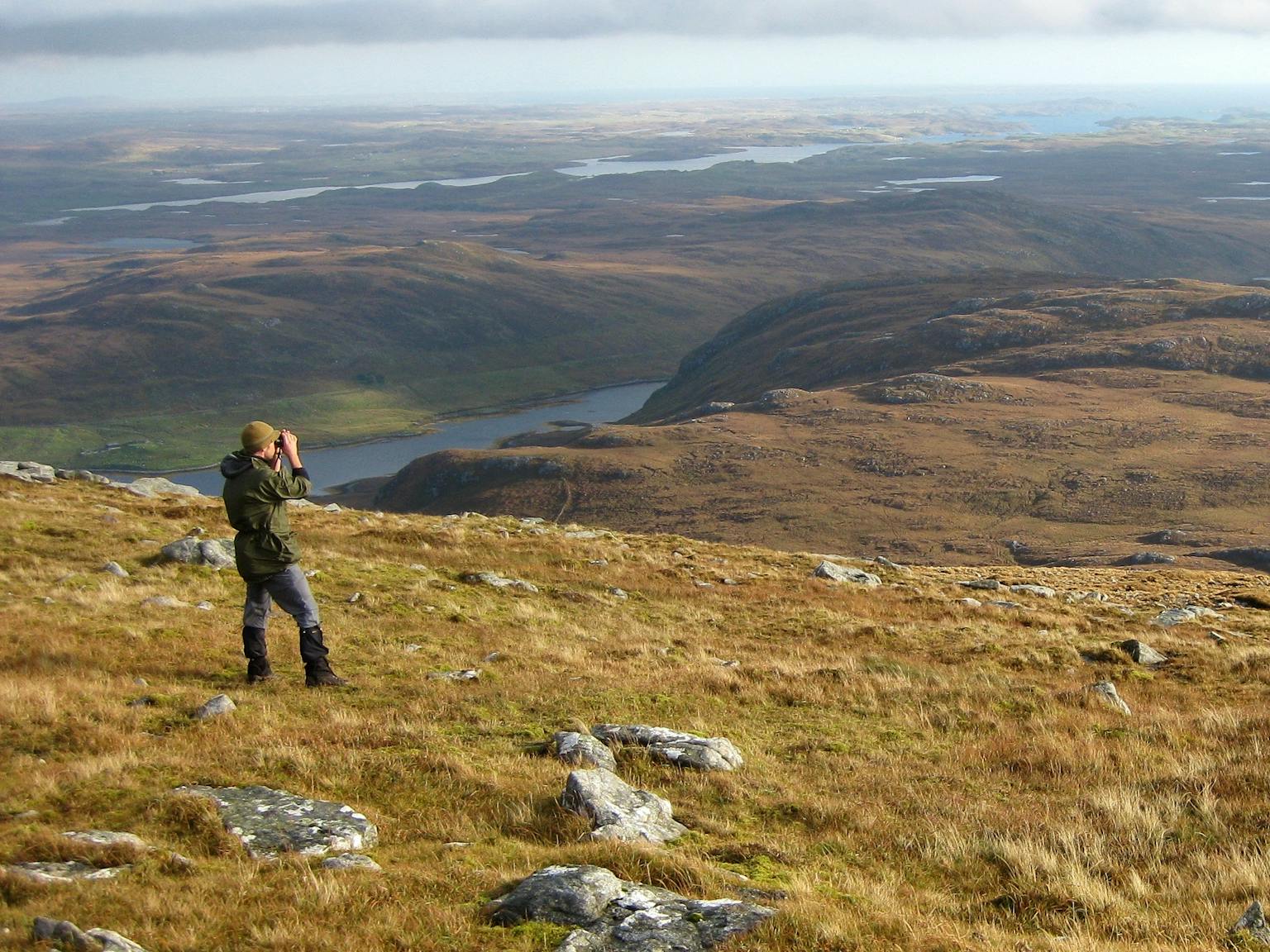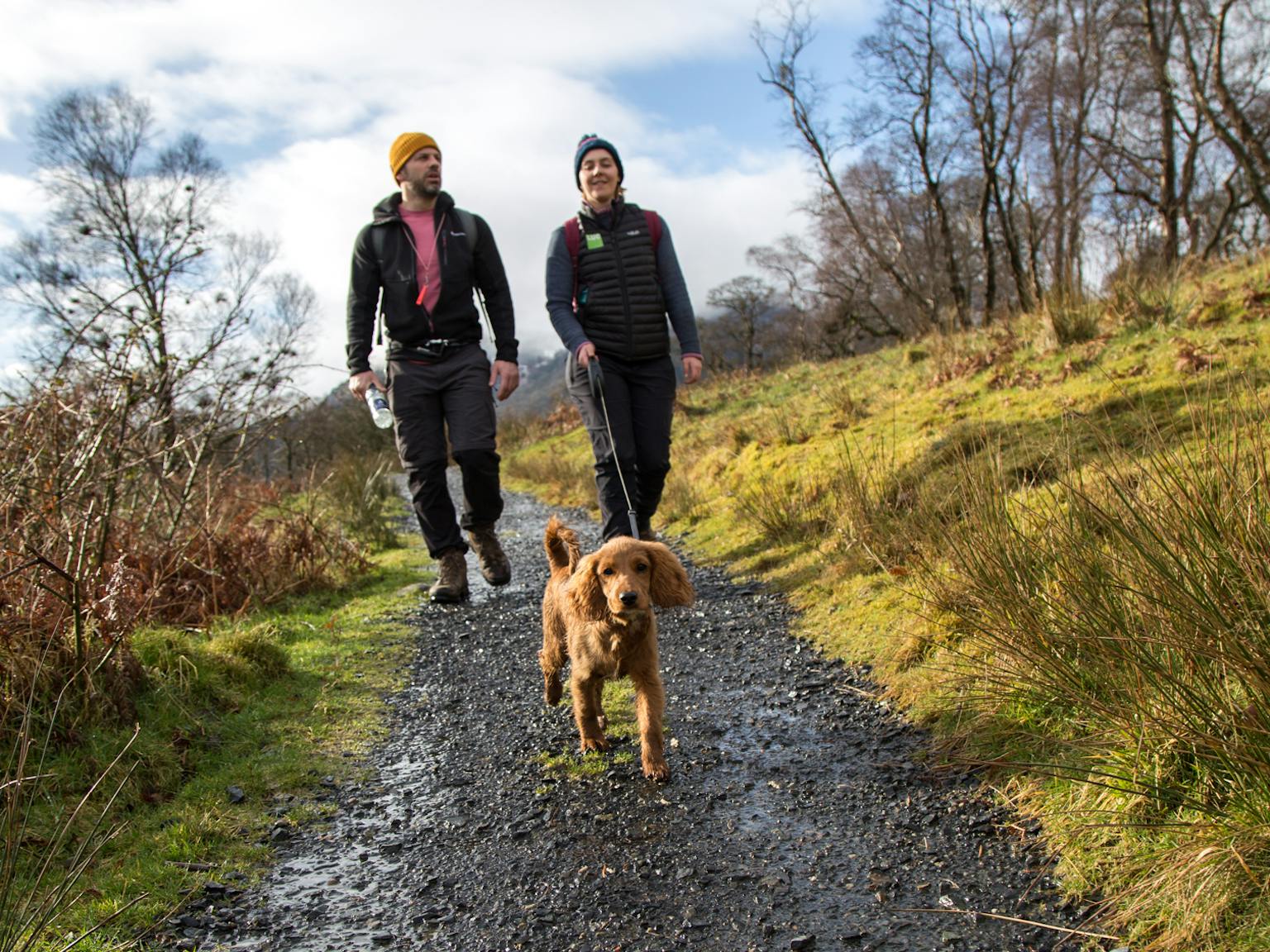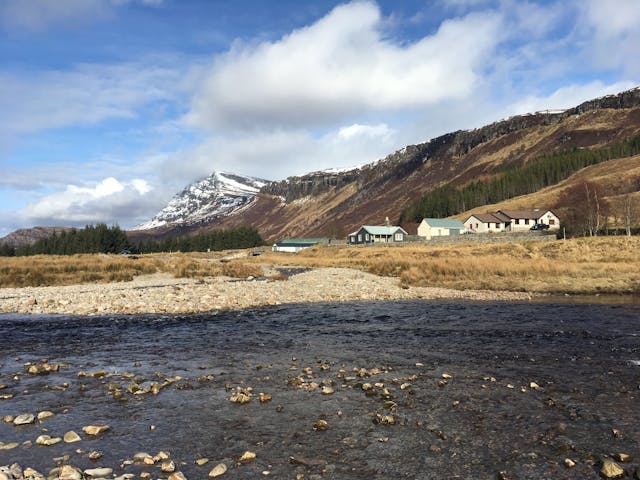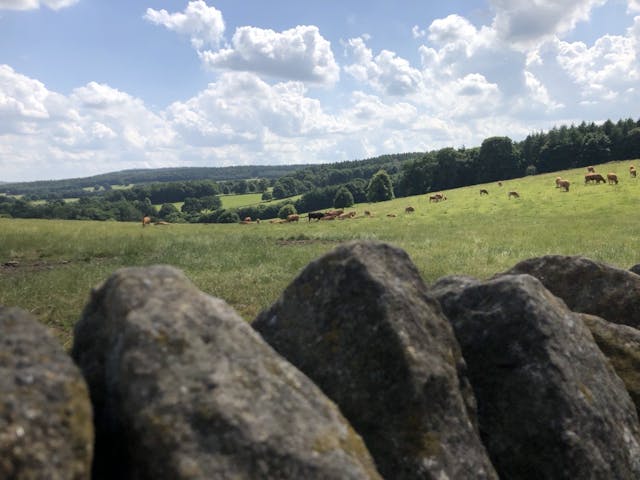
Brexit – our countryside in the balance
Last year I wrote an article exploring Brexit’s likely impact on the British countryside and calling for a conversation about the kinds of things we want the countryside to do for us – whether that’s producing food, storing carbon, protecting us from flooding or creating diverse and distinctive sense of place. A year has passed and things have moved on. Although considerable uncertainty remains, I thought it was time to take another look.
We’d all heard much about chlorine washed chicken and hormone injected beef, so it was something of a surprise when Michael Gove, the Environment Secretary, revealed his vision for the post Brexit countryside. This would see a shift away from direct payments to farmers and a much greater emphasis on grants that reward farmers for the public goods their land provides. So-called ‘payment for ecosystem services’ might, for example, incentivise soil conservation, carbon sequestration or the temporary storage of flood water. The market would be left to decide which crops will be grown, with public money focused on those ‘non-market’ goods which wouldn’t otherwise be provided. This suggests a more efficient and effective system of incentives, tailored to the needs of the British countryside. It points to a future where the degradation of our rural environment would start to be reversed and where we would be better equipped to mitigate and adapt to the changing climate.

